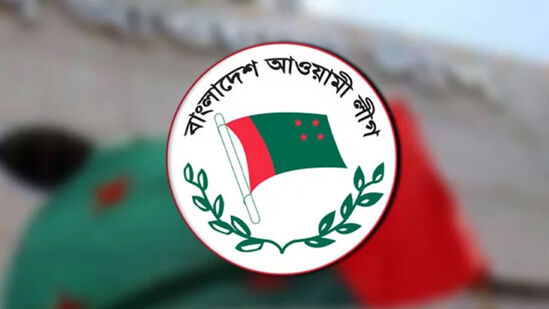The 75-year-old Awami League, once at the forefront of Bangladesh’s liberation war and the anti-authoritarian movement of the 1990s, is now facing serious allegations, including enforced disappearances, killings, and suppression of voting rights. After 15 consecutive years in power, accusations of atrocities during the anti-quota protests and other alleged crimes have placed the party under intense scrutiny.
Following the reported escape of Prime Minister Sheikh Hasina on August 5, the party’s General Secretary has remained untraceable, with many top leaders either in hiding or imprisoned. Despite these setbacks, the party maintains sporadic activity on its verified Facebook page.
The interim government has adopted a stern stance toward the Awami League. In a recent move, the party’s affiliate organization, the Bangladesh Chhatra League (BCL), was officially banned. Speaking on the issue, Youth and Sports Advisor Asif Mahmud stated that the Awami League has committed acts of genocide, drawing parallels with historical examples such as Germany’s Nazi Party and Mussolini’s Fascist Party, which were both banned from political activity.
Mahmud hinted that if consensus is reached, a ban on the Awami League may be considered. “The Awami League is not respecting the people’s verdict,” he commented.
The potential banning of the party has sparked debate among other political groups. The Bangladesh Nationalist Party (BNP) has expressed opposition to the restriction of political rights, with its Secretary General and top leaders opposing any such measure.
Asif Mahmud, however, accused political parties of self-preservation, stating that they often try to protect one another’s interests. “If political parties refuse to accept the people’s verdict, they will suffer historically. The people can reject them at the polls,” Mahmud remarked.
Political analyst Anu Muhammad weighed in, arguing that the Awami League’s alleged crimes should be brought to justice. “Banning a party will not end political activities, so there’s no real benefit in such a move,” he added.
He also warned that banning the Awami League in a similar fashion to other authoritarian regimes could backfire, urging the interim government to instead focus on ensuring justice for the wrongdoers within the party and fostering a peaceful co-existence.
As the situation unfolds, the future of the Awami League hangs in the balance, with political analysts and the public closely watching how the interim government will navigate these turbulent waters.




